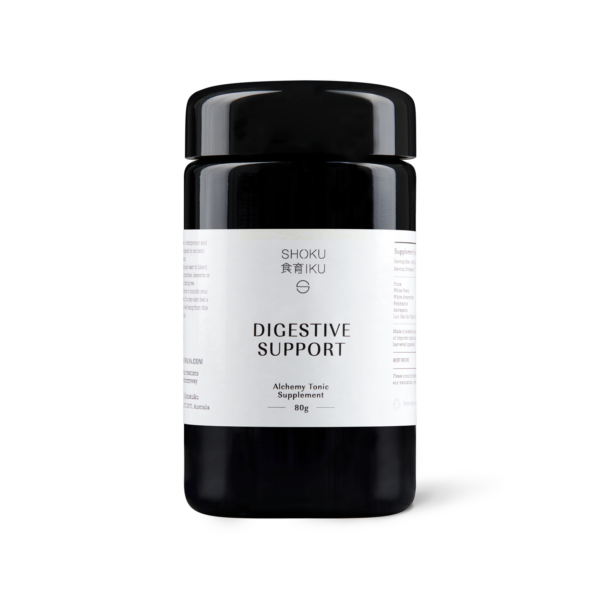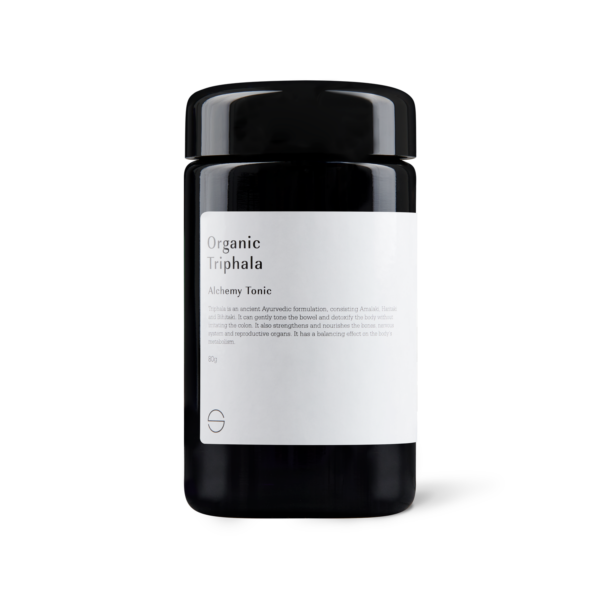
DIY Natural Toothpaste & Tooth Powder – Featuring Pearl Powder
A clean, effective way to care for your teeth, without

Kick-start, energise, rejuvenate
All carefully planned and prepared to help nourish, reset and rejuvenate the body and mind.

If you’ve ever experienced the discomfort of an overly indulgent meal or consuming something that disagrees with you, resulting in your belly feeling distended, stretched beyond capacity, tight, or irritable, then you’re familiar with what’s commonly known as bloating.
While this sensation is transient for many, for some, bloating can persist and be debilitating when the trigger or underlying cause is unidentified.
Currently, it is estimated that 1 in 6 people without a health problem and 3 in 4 people with IBS (Irritable bowel syndrome) suffer from bloating. Given that it can cause significant discomfort and interfere with everyday life, addressing the underlying causes of this issue is highly important.
Understanding the Causes of Bloating:
Effective Strategies to Alleviate Bloating: The crucial question then becomes how to eliminate bloating, reduce its painful effects, and find lasting relief. The good news is that several proven methods can help address bloating; it’s a matter of closely monitoring your diet, identifying and avoiding triggers, and consistently managing it.
In Eastern medicine, the Organs are categorized based on yin-yang pairs and Elements. Yin organs are solid and involved in producing, transforming, and storing vital substances, while yang hollow structures are responsible for transporting, transmitting, and digesting these transformed substances. The Spleen and Stomach, associated with the Earth element, play a crucial role in digestion, transforming food into nutrients that form the basis of Qi and Blood.
The ideal conditions for Spleen and Stomach function are said to be a slight moistness for the Stomach and near dryness for the Spleen. Balancing these opposing tendencies is essential; otherwise, issues like stagnant water accumulation or symptoms of Stomach heat may arise.
The Spleen is pivotal in producing Qi from ingested food and fluids, refining it into Defensive and Nutritive Qi. This process involves the separation of impure and pure aspects, with the Small Intestine and Large Intestine eliminating turbid aspects. This Qi (Gu Qi) is produced by the Spleen and forms the foundation of Blood. The Spleen and Stomach also influence sensory information and emotions.
While the Chinese medical Spleen differs from its biomedical counterpart, the body’s resilience is affected by factors like environmental toxins, stress, inadequate sleep, and food-related issues. Addressing digestive troubles, such as bloating and irregular stools, involves understanding underlying issues impacting digestive Organs. Nutritional counselling, herbs, acupuncture, and moxa can effectively boost Spleen and digestive health.
There are many patterns that can impact the Spleen, the most common clinical one being Spleen Qi deficiency, compromising the Spleen’s ability to transform and transport fluids and nutrients. This can lead to the accumulation of excess moisture or dampness, manifested as symptoms like sluggishness and fatigue. Dampness, often stemming from dietary choices, weakens the digestive system over time. Recognising the impact of food on the body is crucial for maintaining balance, as certain foods and overeating rich, greasy food and from a sedentary lifestyle may contribute to dampness. This discussion emphasizes achieving a personalized balance that suits individual body needs rather than categorising dampness as inherently “bad” or dryness as “good.”

DIGESTIVE SUPPORT ALCHEMY BLEND
Selection of Poria, White Peony, White Atractylodes, Rheummania, Astragalus and Luo Han Guo makes this an ideal blend for the digestive system. This blend of herbs will help nourish your chi/prana and spleen and help balance damp and dryness.

Gently cleanses and detoxifies the body without irritating the colon. It also strengthens and nourishes the bones, nervous system and reproductive organs.

Aids in digestion: ACV contains enzymes that can help improve digestion by breaking down food more efficiently. It may also help reduce bloating and other digestive discomforts.

A clean, effective way to care for your teeth, without

In the world of tonic herbs and medicinal mushrooms, there’s

As the days grow shorter and the air becomes crisp,
Copyright Shoku Iku © 2024 | All Rights Reserved.
The statements on this website have not been evaluated by the TGA or FDA. These products are not intended to diagnose, treat, cure or prevent any disease.
Sign up to receive your discount.